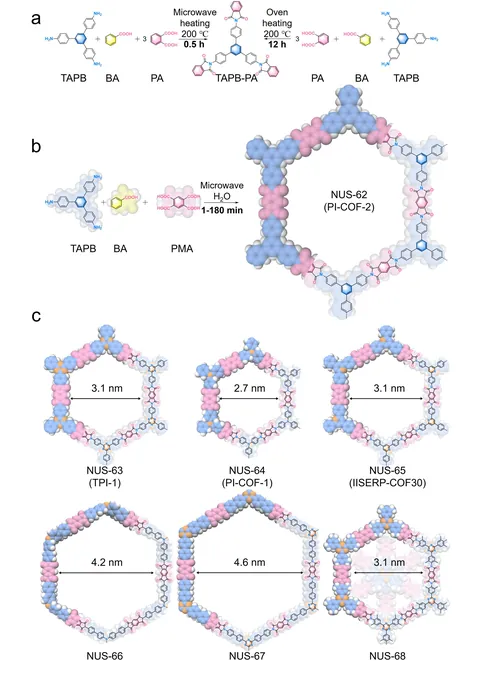
Transforming Tiny Minds: How Responsive Parenting Shapes Sensitive Infants' Brains
2025-04-22
Author: Sarah
Unlocking the Power of Parental Interaction
A groundbreaking study led by Dr. Tahli Frenkel at Reichman University reveals that sensitive parenting during a baby’s crucial first year can significantly influence brain development and emotional resilience. Published in the journal *Developmental Psychology*, these findings underscore the transformative power of early parental engagement.
The Challenge of Temperament
Around 20% of newborns exhibit a turbulent temperament—highly sensitive to stimuli, prone to excessive crying, and finding it hard to calm down. This temperament can predispose them to future emotional issues, particularly anxiety disorders. But what if nurturing interactions could change that trajectory?
A Deep Dive into Parenting Styles
The study tracked 51 mother-infant pairs throughout their first year. Researchers meticulously analyzed how mothers responded to their infants' cues. By the time the babies reached one year old, the team assessed brain activity through EEG, exploring how these children reacted to fear and the pain of others.
Positive Parenting: A Game Changer for Brain Development
Results were illuminating: infants with challenging temperaments who experienced contingent responsive parenting—where caregivers consistently and sensitively responded to their cues—showed healthier brain activity. These babies demonstrated better emotional regulation, responding calmly in fearful situations and even beginning to exhibit empathy.
Empowering Caregivers: Keys to Success
Dr. Frenkel emphasizes, "Early parenting plays a critical protective role, especially for reactive infants. These findings are encouraging, showing that responsive caregiving can mold challenging temperaments into profiles of resilience." This research highlights the need for heightened awareness among parents and offering them tailored support and tools to navigate the complexities of raising sensitive infants.
A Call to Action: Shaping Future Generations
By nurturing emotional connections and providing targeted interventions, we can create lasting effects not just in individual children's lives but also in the parent-child relationship. This study champions a deeper understanding of early temperamental challenges while honoring the legacy of pioneer Jerome Kagan, reinforcing that emotional bonds in infancy lay the groundwork for healthy development.


 Brasil (PT)
Brasil (PT)
 Canada (EN)
Canada (EN)
 Chile (ES)
Chile (ES)
 Česko (CS)
Česko (CS)
 대한민국 (KO)
대한민국 (KO)
 España (ES)
España (ES)
 France (FR)
France (FR)
 Hong Kong (EN)
Hong Kong (EN)
 Italia (IT)
Italia (IT)
 日本 (JA)
日本 (JA)
 Magyarország (HU)
Magyarország (HU)
 Norge (NO)
Norge (NO)
 Polska (PL)
Polska (PL)
 Schweiz (DE)
Schweiz (DE)
 Singapore (EN)
Singapore (EN)
 Sverige (SV)
Sverige (SV)
 Suomi (FI)
Suomi (FI)
 Türkiye (TR)
Türkiye (TR)
 الإمارات العربية المتحدة (AR)
الإمارات العربية المتحدة (AR)